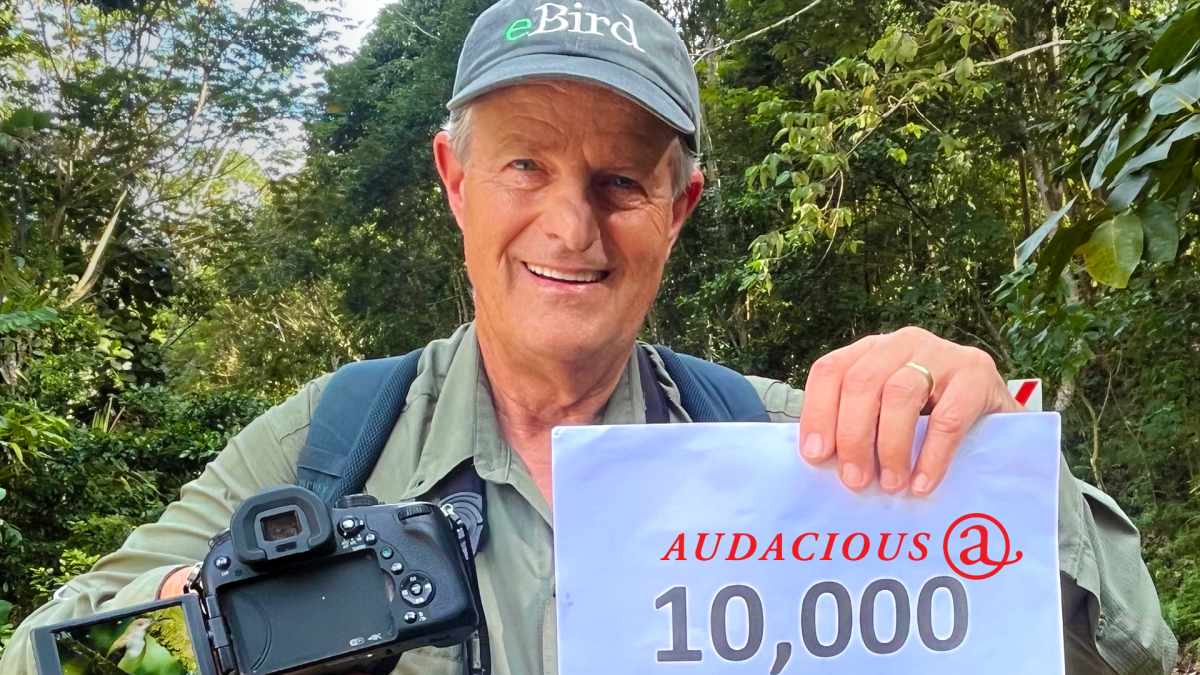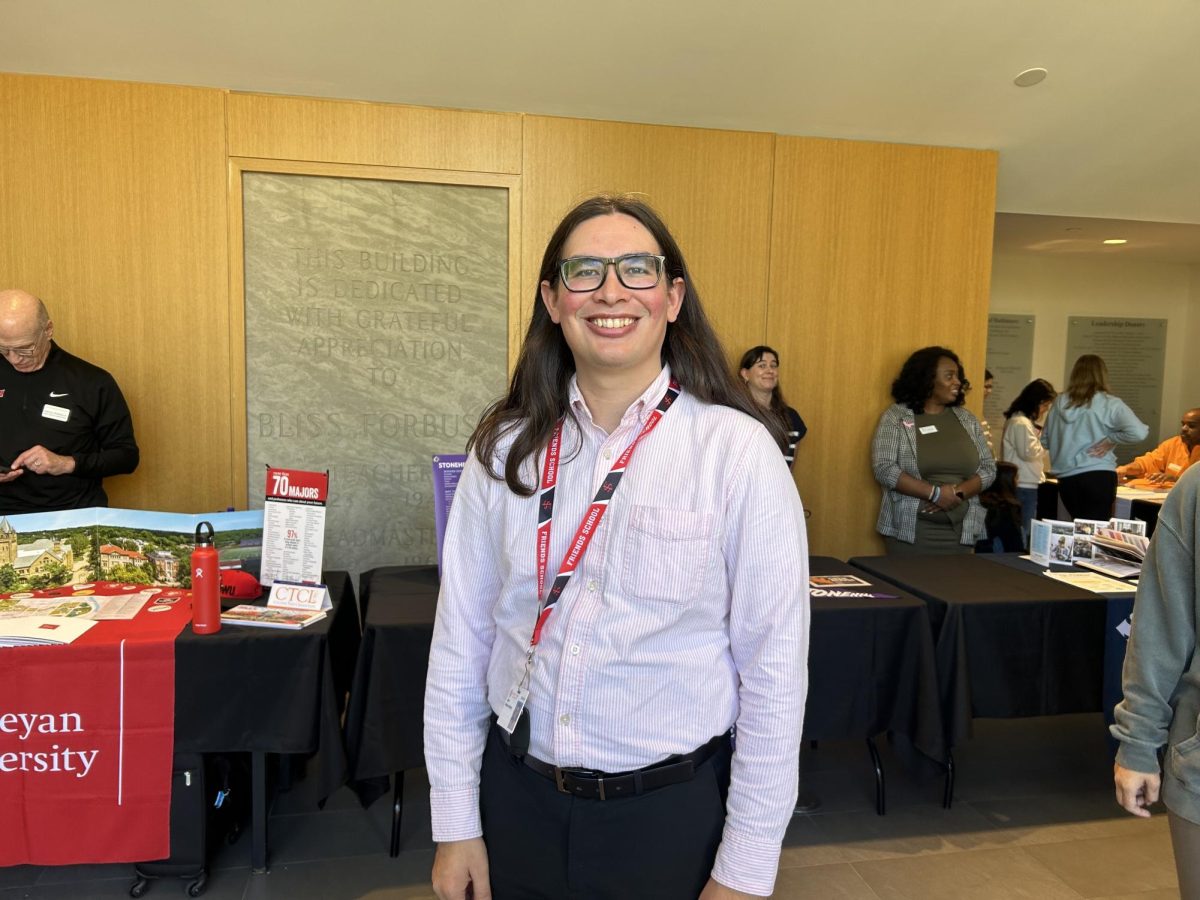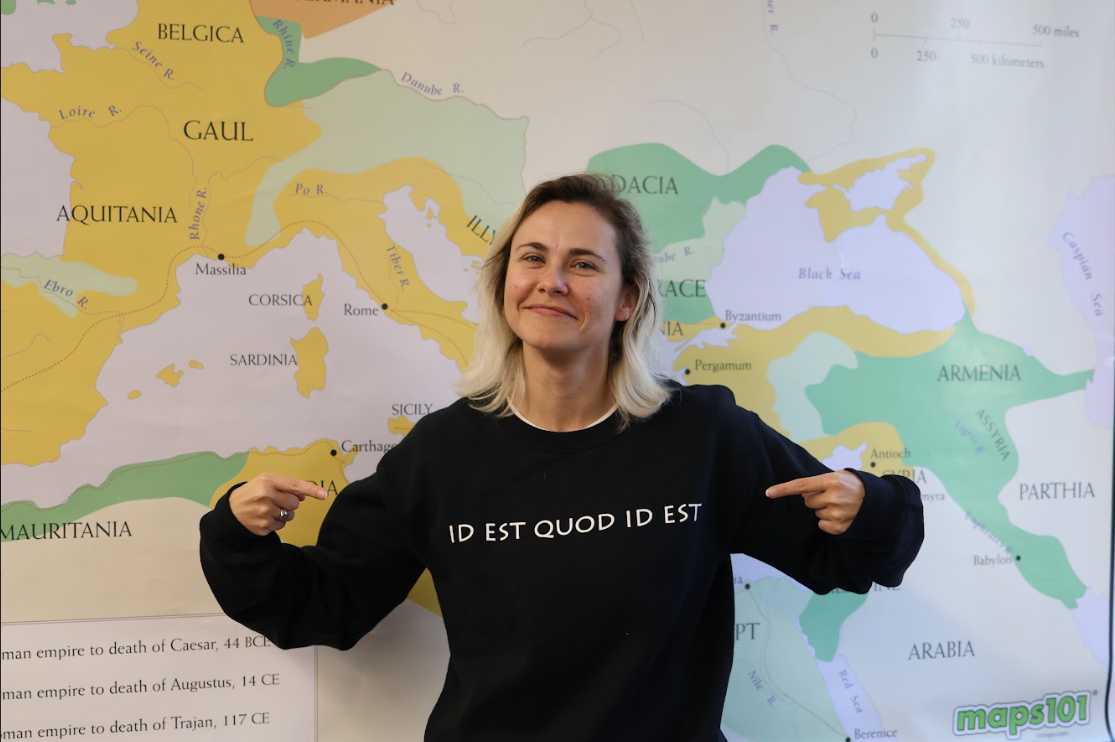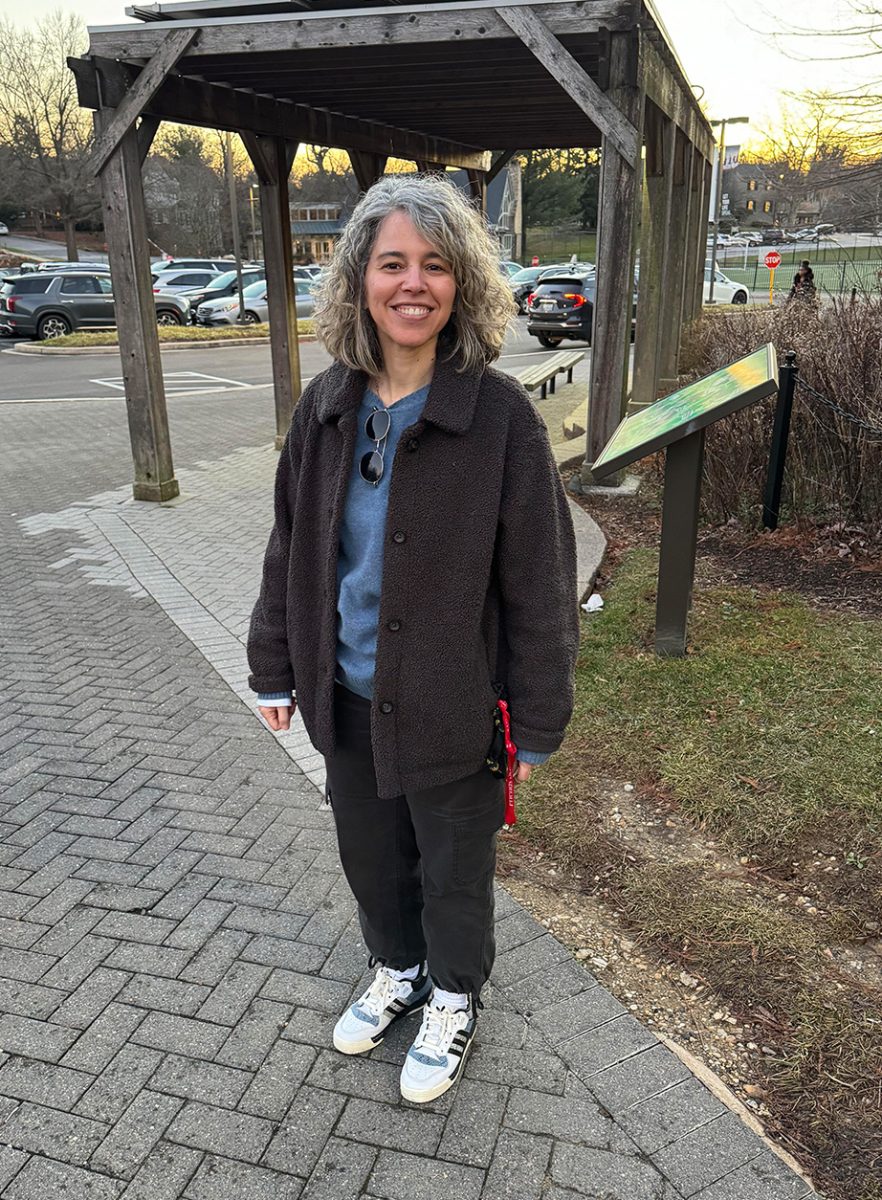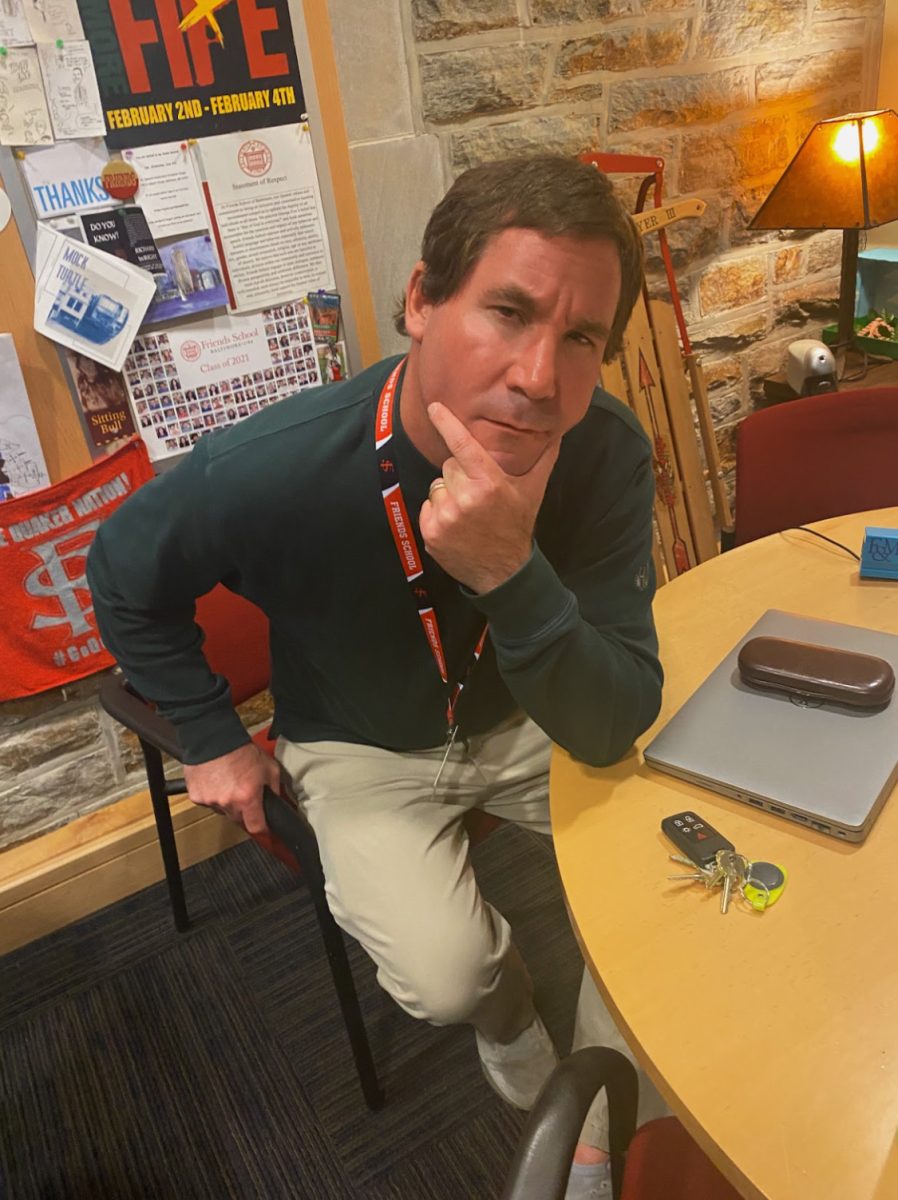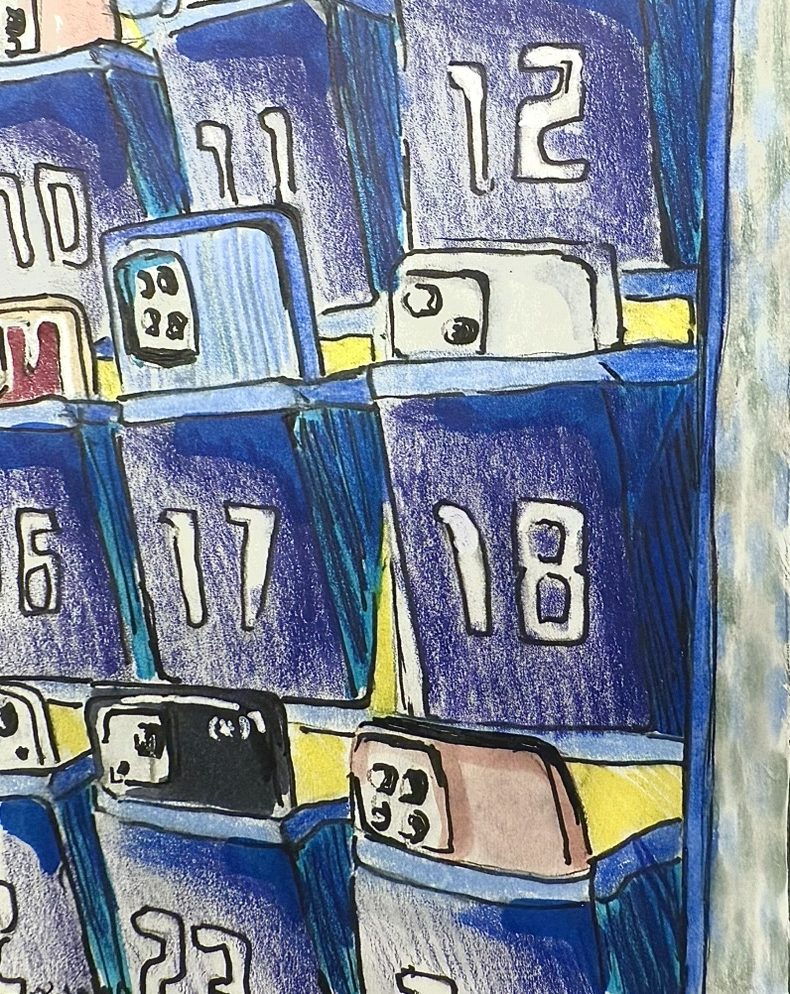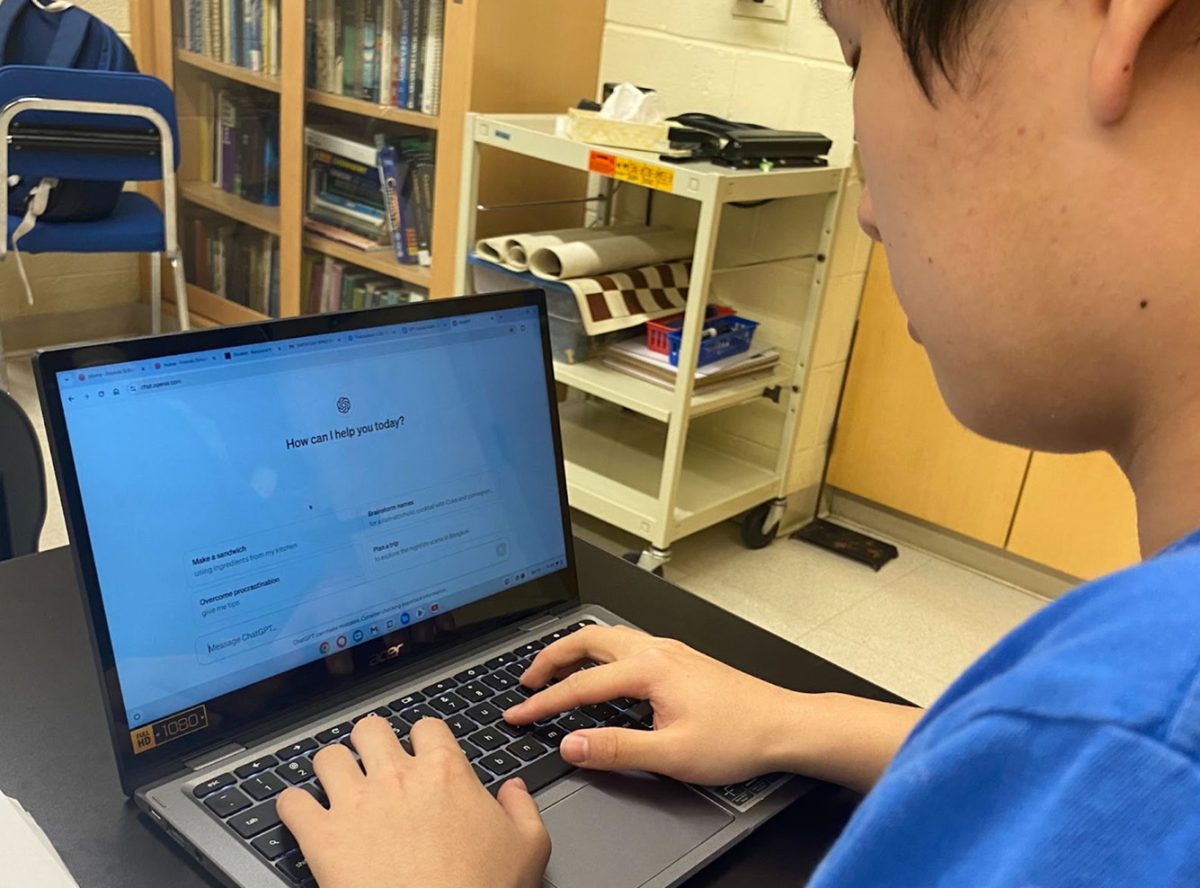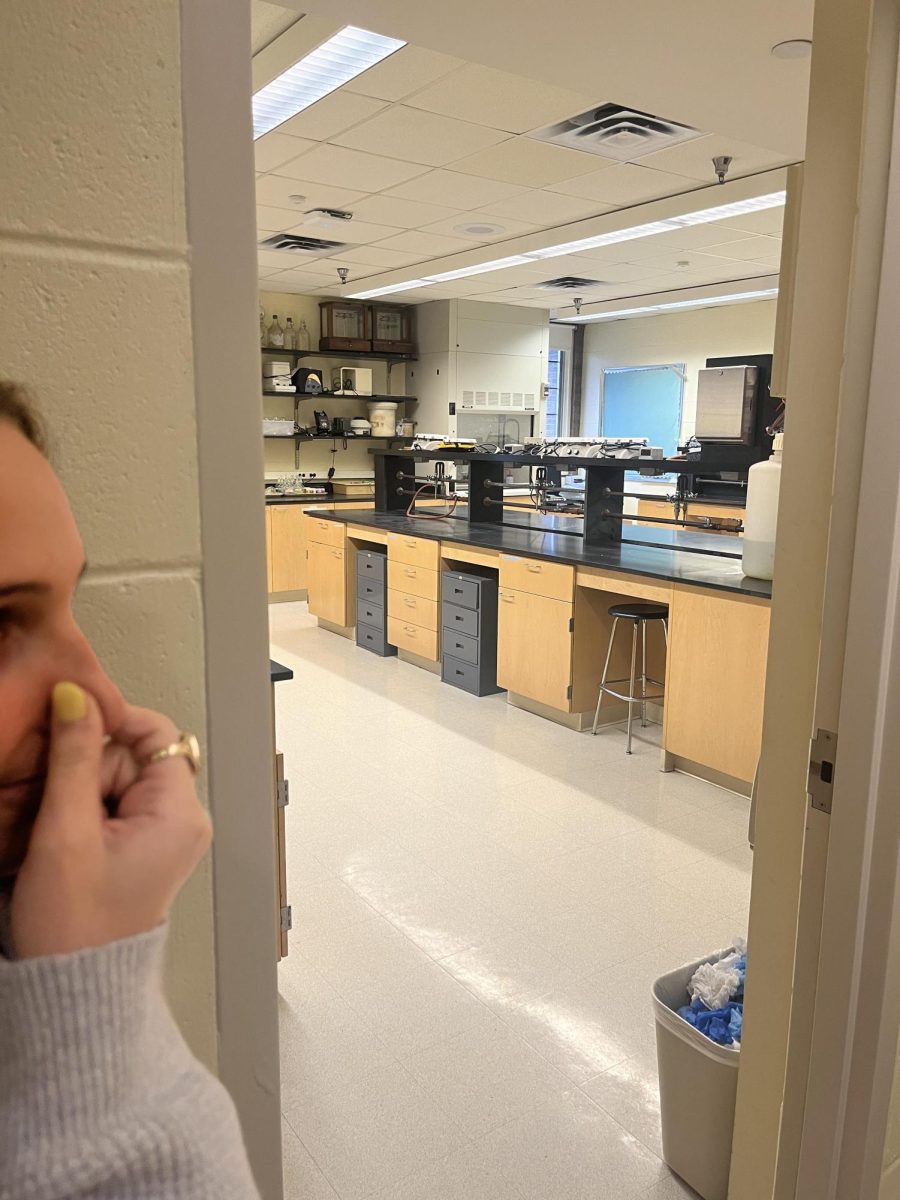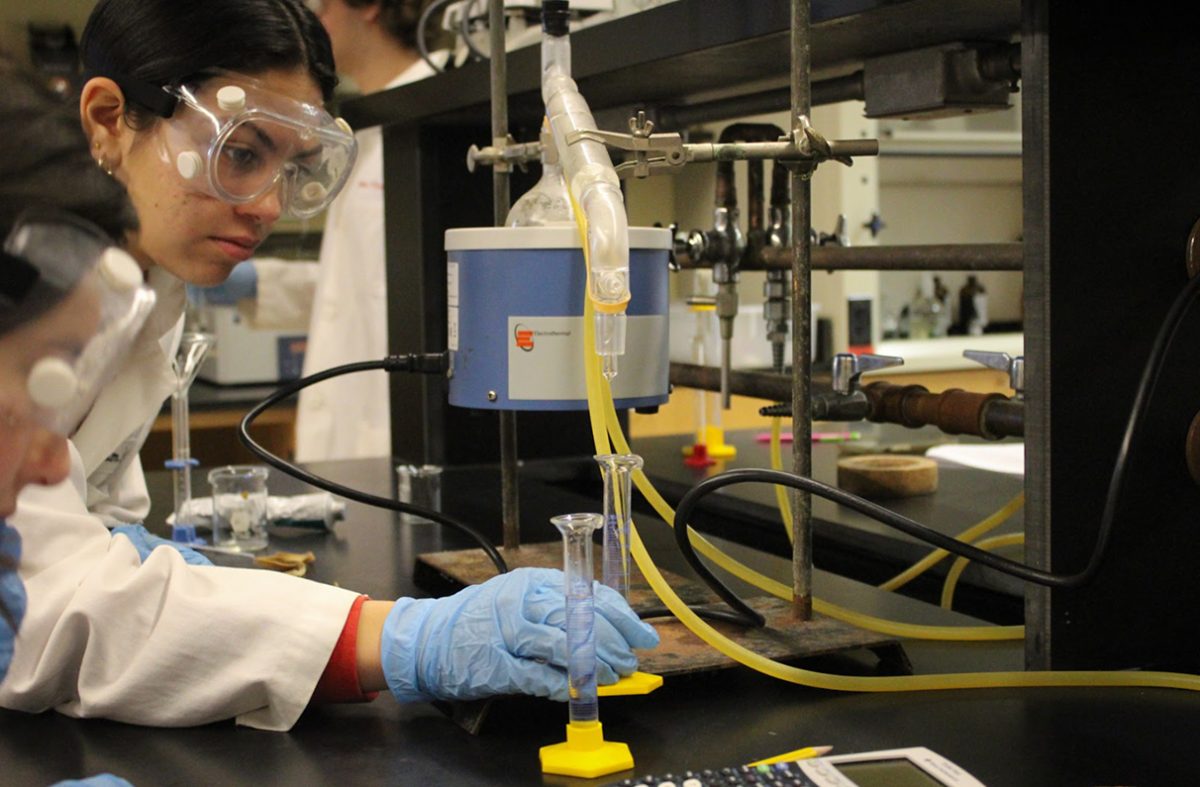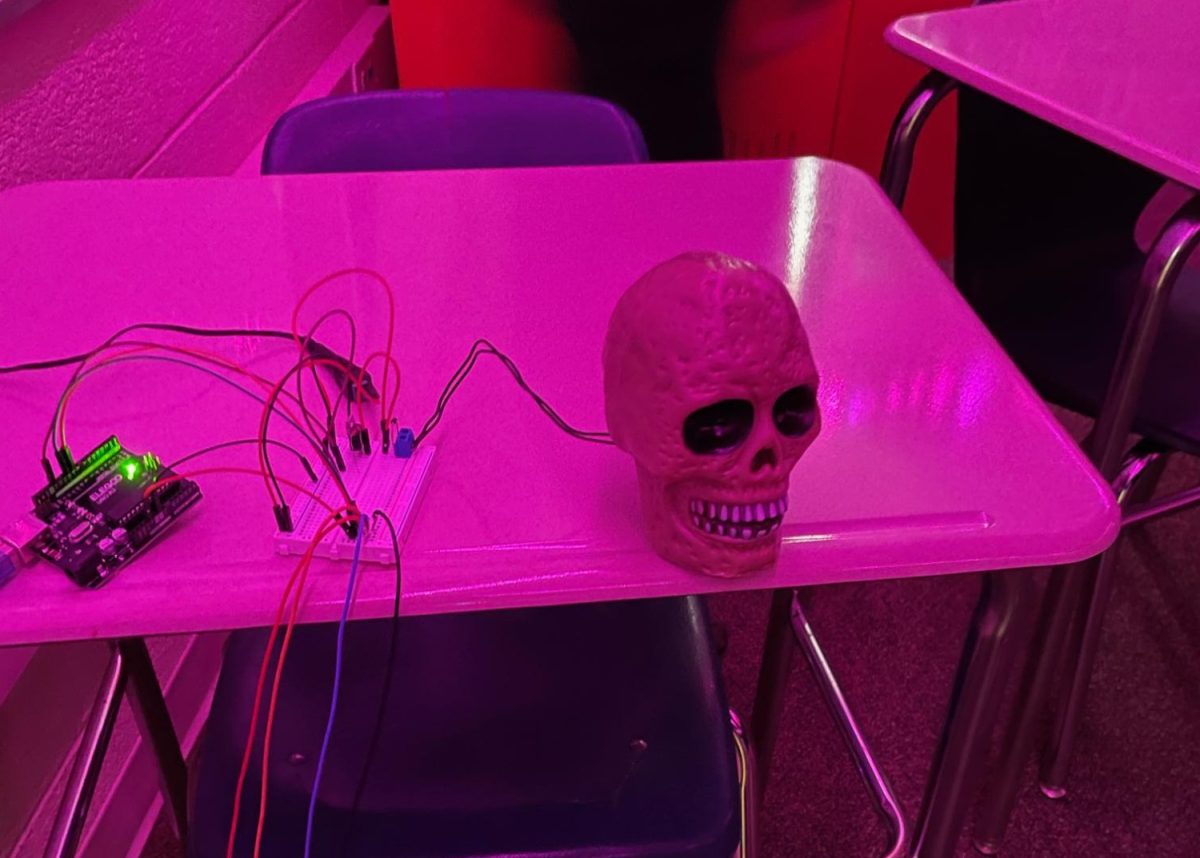Some families keep cats or dogs as pets. Upper School chemistry teacher Hoa Cost’s family keeps cats, dogs – and around a dozen backyard chickens.
For Dr. Cost, the chickens are pretty low-maintenance, apart from the few the family lost to chickenhawks in their early years of ownership. That’s especially true because, Cost insists, these chickens aren’t even hers.
“The chickens actually do not belong to me. They are my sons’,” says Cost, referring to upper schoolers Thi ’24 and Mason ’25. “They keep chickens at home.”
From a young age, the brothers have been feeding, taking care of, and collecting fresh eggs from these unconventional backyard pets – at first with their mom’s guidance, and now solo. Owning chickens was a dream long before it was a reality for the family.
“We used to live in Towson, [and] in Towson we were not allowed to keep chicken. So when we moved out and we moved further away, we moved out more out in the county. So we always thought, ‘Oh, it would be fun to have chickens,” says Cost. They decided to adopt the pets by family consensus.
Cost’s children have been influential in her professional life as well, helping her to make the jump from teaching college to teaching high school. Some teachers might think it would be awkward to work at the same school their children go to. But it was this very reason that made Cost consider teaching at Friends.
“It was my sons who inspired me to look into it,” she says. “I figured that I, as someone, as an educator, I have kind of a unique opportunity to be able to share school [with my kids].”
Before making the career shift, Cost worked at the Community College of Baltimore County, a background that gave the teacher an air of expertise in her new environment.
“She seemed, from her science background and background working with undergraduate students, to have a really good grip on all of the relevant material,” says fellow Upper School science teacher Viktor Polyak, who came to Friends a year before Cost. “She was really strong on that front.”
But although college is a more academically advanced setting, Cost says she still finds teaching high school harder.
“Teaching in high school is more challenging, but also at the same time it’s a lot more personal. In colleges you just prep for course, right?” she says. “You do get to know your students. But on the college campuses, it’s a lot harder to have a much deeper connection with your students. Teaching in high school, you see them more regularly and you just develop more of a connection.”
Perhaps because of that more potent emotional connection, saying goodbye to her seniors at the end of her first (and, notably, digital hybrid) year was hard.
“My very first year I was emotional ’cause, well, this is my first senior class. But then last year I was also emotional,” she says. ” So there is just something very bittersweet.”
Her son Thi agrees. But he has a different perspective on why especially her senior classes are hard to let go.
“She’s usually very emotional to her senior classes leaving. Like, I know she really liked her classes last year,” he says. “But I think that’s just because she likes to teach the seniors a whole lot more than the sophomores. Not that she dislikes them. It’s just she’s a whole lot closer to [the older students].”
This year, Thi has a unique perspective on seniors leaving. He himself is a senior – something Cost is acutely aware of.
“I do get emotional at the end of every year. But I think having Thi in this graduating class, I think is gonna be especially emotional,” she says.
This begs the question, what will become of the Cost family chickens. Will Mason be forced to take up the slack after Thi leaves?
“Actually, it used to be a whole lot more of Mason and I working with the chickens. But actually now my mom really, really enjoys taking care of the chickens,” says Thi. “She likes to basically soup up their coop. It’s like her own little project.”
So although she knows the seniors’ departure this year is going to be more bittersweet for her than any previous senior class, at least in one way, Cost’s nests will still be full.




